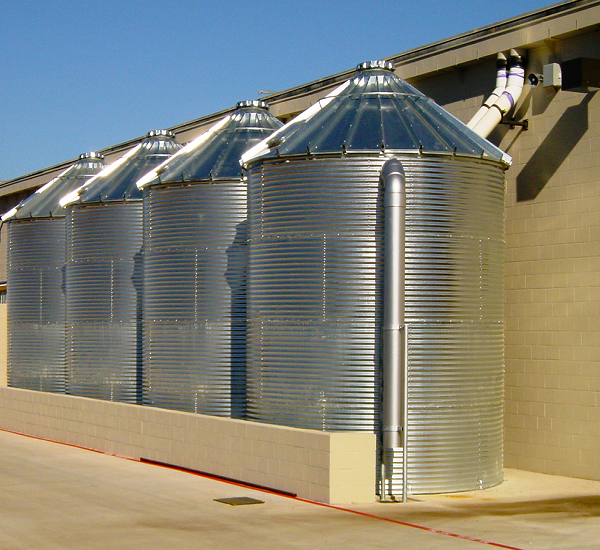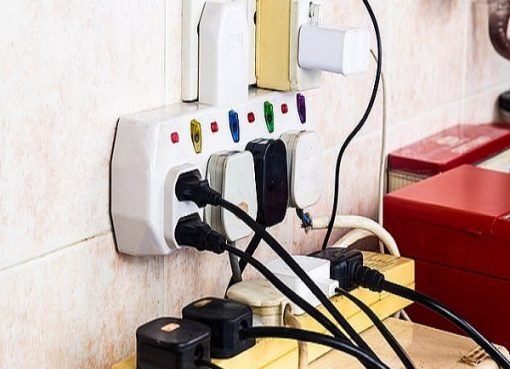There are so many things we are blinded to and unfortunately, it is in those things that many of the solutions to our man-made and natural problems lie. In the construction industry, agricultural and tourism sectors many environmental challenges can easily be mitigated without any complexities by turning problems to progress.
The word ‘environmental sustainability’ has become music to our ears – from recycling to green cities, to fewer carbon emissions, and use of fossil fuels. All these have been put in place to ensure that we make better use of the things around us, conserve the environment, and give the people living in it better life, but most of these things do not require intensive and sometimes large-scale involvement.
In reality, we start thinking of solutions after a problem has been established and it should not be so. As humans, we learn from experiences and are expected to apply the knowledge gotten to similar situations we encounter. There are many issues we have created for ourselves and our surroundings that would have simply never happened had we learnt from the past and present.
Rainwater Harvesting is one of the simple steps that can be taken into cognizance for economic gains. Right from the start of any project, an issue like rainwater harvesting can be evaluated to see where it’s fit into it. In building projects, rainwater can be harvested for useful purposes especially in an environment where average rainfall per year is at minimal. This could also be applied to agriculture. In rainwater harvest, the first requirement is usually storage. There must be a storage facility or channels to retain the water for the time it is needed.
Rainwater can as well be harvested for recreational purposes. Huge drainage could be blocked at both ends after the rain had subsided and use for boat regatta. These are commonly undertaken events which can serve as tourism. To harness rainwater, there must be plan and structures put in place to produce tremendous, practical, and efficient results.
Looking at our environment, for instance, there are frequent challenges with flooding caused by blocked drainage systems. Thanks to our terrible habits of converting gutters to refuse dumps of majorly PET bottles and non-biodegradable packages. Most people in these parts are yet to grasps the concept. So, what can engineers do to harness this potential that is not often considered?
In any project where water is required in large volume, project design can inculcate rainwater harvest, especially where the cost will not affect the project negatively. What is usually required is the provision of the storage facility and channel for the retention of water.
Civil and Agric engineers can develop infrastructural models to make use of rainwater. Perhaps, residential estates could develop systems that would handle the collection, filtration, and supply of rainwater to be used for basic things such as bathing, washing etc. Same goes for commercial buildings, in addition to those already mentioned, they can use the harvested rainwater for their water-closets, office cleaning, etc.
This initiative can help to curtail and combat flood if the settlement is planned with the concept in mind. These and more can only be achieved if we have professionals who are ready to see past theories and look at the practicalities of the environment they are trying to create solutions for.










